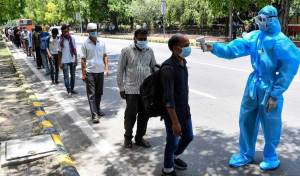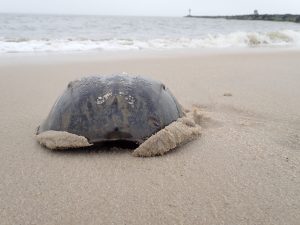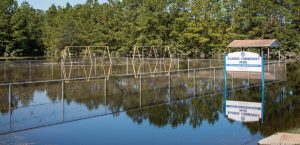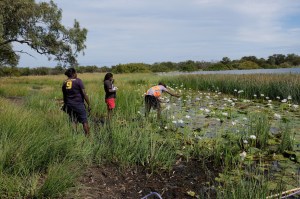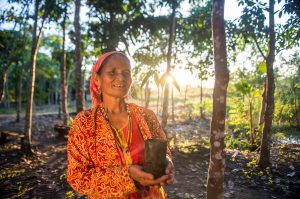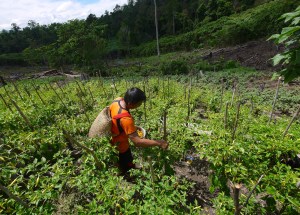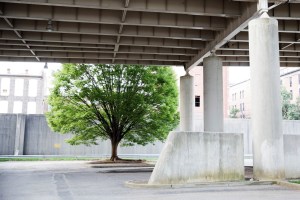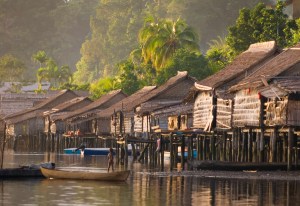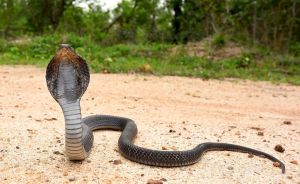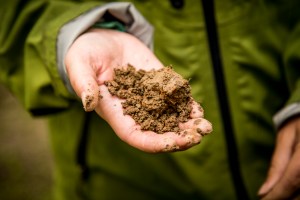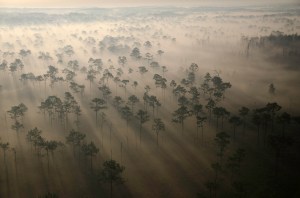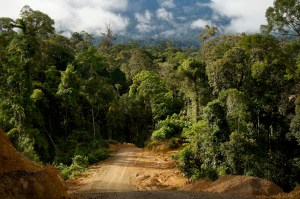Discover stories in Human Health
Charting a Future for People and Nature in Post-COVID India
Can science and technology in post-COVID India chart a more sustainable future?
The Weird, Wondrous and Vulnerable American Horseshoe Crab
Can the horseshoe crab, an animal that has survived largely unchanged for 450 million years, continue its remarkable record of longevity in a world dominated by humans? Maybe. Maybe not.
Science for Evaluating Flood Risk + Improving Community Resilience
A new study examines flooding from Hurricanes Matthew and Florence and finds current hazard maps are inadequate for accurately assessing flood risks and protecting communities in North Carolina.
Using Science & Culture to Assess Billabong Health
In northern Australia, scientists and young indigenous rangers are working together to gain a better understanding of billabong health.
Incorporating Conservation Into Public Health Frameworks
New research incorporates conservation considerations into occupational health and safety frameworks.
Deforestation Exposes Rural People to Dangerous Heat Stress
Rural Indonesians are changing their behavior as deforestation creates increased local temperatures.
Trees in the US Annually Prevent 1,200 Deaths During Heat Waves
High temperatures are often the greatest weather-related public health threat. Trees can help.
Time to Bust the Silos: Coral Reefs, Human Health + Sewage Pollution
The human health and marine conservation sectors are fighting the same root causes and effects of poor water quality. They’re just fighting them separately. New science says the opportunities for collaboration are there and it's past time to bridge the gaps.
Could Nanoparticles Save Thousands From Death By Snake Bite?
Up to 100,000 people die of snakebites globally each year. Could nanoparticles offer a solution?
Should We Let Kids Eat Dirt?
What does the science say about kids, dirt and germs?
A Tale of Two Paths to the World in 2050
Can the world actually meet people’s needs for food, water and energy while doing more to protect nature? Is it even theoretically possible? New science says, Yes, but there are a lot strings attached.
Human Health At Risk As Tropical Forests Disappear
Widespread forest clearing in Indonesia could be putting people’s health at risk, as trees provide powerful cooling services.
